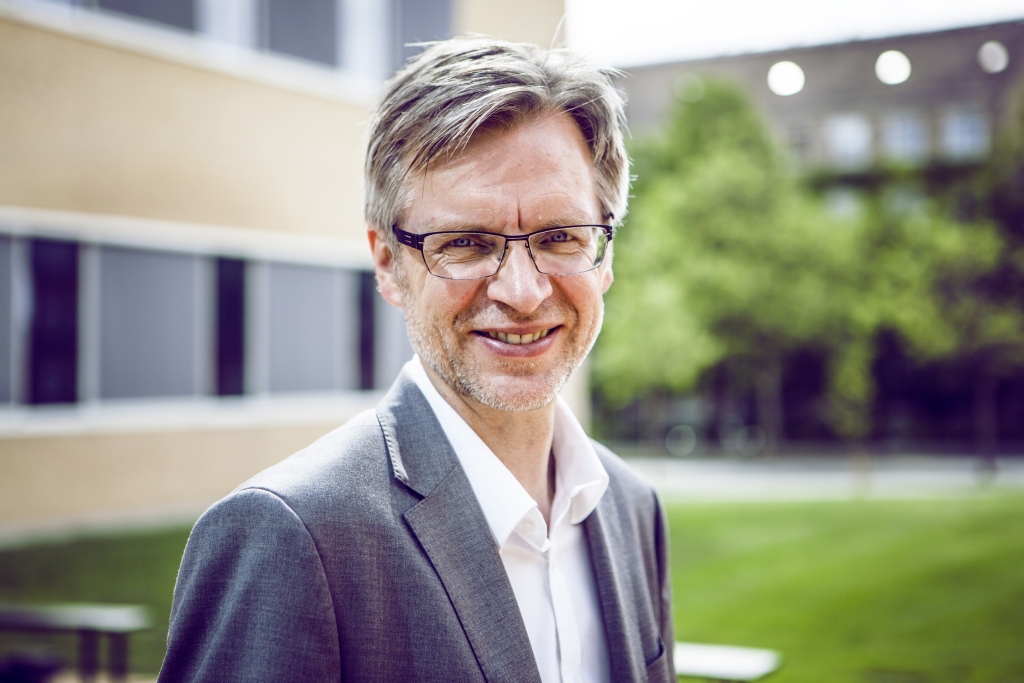Professor Troels Skrydstrup as partner in Grand Solution project on increasing the recycling of plastics
New Danish collaboration between companies and researchers aims to develop a completely new method of recycling a specific type of plastic, which would otherwise end up on incineration plants for energy recovery or at the landfill. The technology is expected to help reduce oil consumption and CO2 emissions.

Danish collaboration between researchers and companies will develop methods to recycle the plastic material polyurethane - or PUR plastic in everyday speech - which is found in everything from refrigerators, shoes and mattresses to insulation and wind turbines. The problem is that the plastic today is more or less non-recyclable and therefore many tonnes worldwide end up either at incineration plants or at landfills.
But that needs to be changed. Researchers and companies are collaborating on new technology to be the best in the world to recycle this particular type of plastic.
Companies have now joined forces with Danish researchers from the Danish Technological Institute and Aarhus University, who together will develop new, cutting-edge technologies for recycling PUR plastics. Innovation Fund Denmark has invested DKK 11 million DKK in the project, which can make Danish companies the world leader when it comes to recycling PUR plastic.
95 percent are not recycled today
PUR is a high-tech plastic material that is part of a wealth of products from our daily lives. The use of PUR grows year by year and growth today exceeds the amount of PUR recycled worldwide. Globally, as much as 95 percent of all PUR ends up being used for energy recovery at incinerators or ends up as worthless waste at landfills. Simply because existing technologies for recycling PUR are not good enough.
The new Danish project, which aims to develop recycling technologies for PUR plastics, will not only be able to save large amounts of oil when the plastic is manufactured, but also result in a significant reduction in the world's CO2 emissions when the plastic material is no longer burned for energy recovery at incineration plants.
Two methods of recycling
Specifically, the researchers in the project will develop two technologies. The first method focuses on material lost during the production of PUR products, where the second method will deconstruct PUR waste - including what has been left out of the consumer - into its original building block called monomers. Both methods recreate polyurethane which can thus be used in completely new products - for the benefit of the climate and Danish business.
More information
The project is headed by Anders Lindhardt, who is a former PhD and Assistant Professor at Aarhus University. Anders is now a Senior Specialist at Danish Technological Institute.
Professor dr. Scient. Troels Skrydstrup (Dept. of Chemistry and iNANO) is head of the Center of Excellence, CADIAC, and aims to develop new chemical reactions for both the building and degradation of organic compounds.
Read press release by Innovation Fund Denmark here.
Read press release by Danish Technological Institute here.
- The investment by Innovation Fund Denmark: DKK 11 million
- Total budget: DKK 19 million
- Project period: 3 years
- Official project title: RePURpose
Contact
Professor Troels Skrydstrup
Interdisciplinary Nanoscience Center and Department of Chemistry
Aarhus University
ts@chem.au.dk - +45 87156757 –